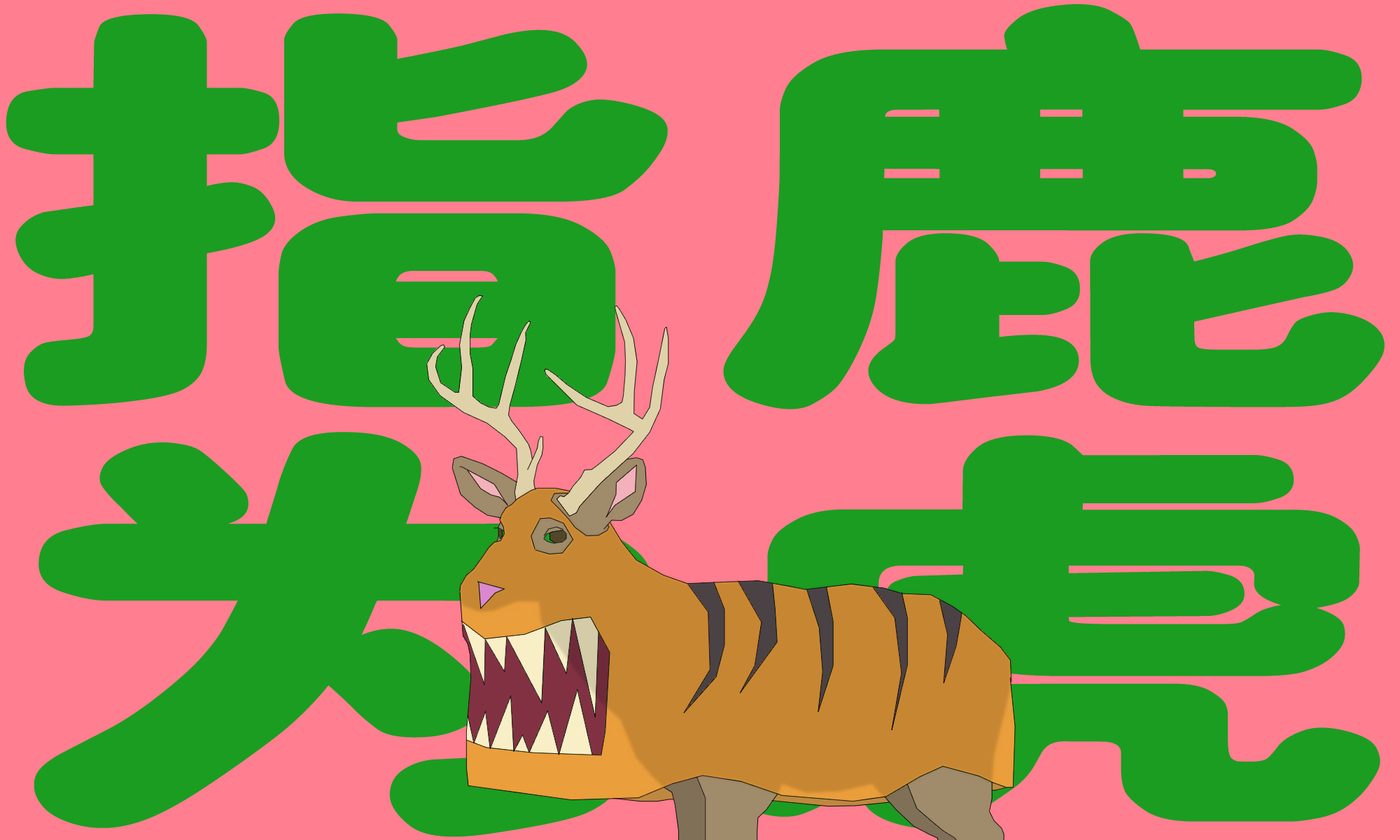‘Pointing at a deer and calling it a tiger’ — Phrase of the Week
Is the ‘wandering balloon’ that entered U.S. airspace last weekend a harmless deer, or a dangerous tiger?

Our Phrase of the Week is: Pointing at a deer and calling it a tiger (指鹿为虎 zhǐ lù wéi hǔ).
The context
The “wandering balloon incident” (流浪气球事件 liúlàng qìqiú shìjiàn) has dominated conversations in China and around the world since last weekend.
The language used by the U.S. and China to describe the balloon is totally different. It’s a “spy balloon” (间谍气球 jiàndié qìqiú) to Americans, whereas Beijing has called it an “unmanned civilian airship” (民用无人飞艇 mínyòng wúrén fēitǐng) that was blown wildly off course while monitoring the weather.
In China, the narrative is that the incident has been politicized in America. The balloon is an instrument for the Republican Party to score political points over the Democrats, as one media commentator notes:
The Republican Party “pointed at a deer called it a tiger,” pressuring the Biden administration to take action. The Democratic Party could only follow suit by thanking the F-22 pilot for his superb shot. This unmanned airship that was helplessly blown off course is caught in the crossfire of the ugly political struggle in the U.S.
共和党“指鹿为虎”将拜登政府架在火上烤,民主党“连夜挽尊”感谢F-22飞行员“精湛一击”,这架无辜的偏航无人飞艇成为了美国朝野恶斗的靶子。
Gònghédǎng “zhǐ lù wéi hǔ” jiāng bàidēng zhèngfǔ jià zài huǒ shàng kǎo, mínzhǔdǎng “liányè wǎnzūn” gǎnxiè F-22 fēixíngyuán “jīngzhàn yìjī,” zhè jià wúgū de piānháng wúrén fēitǐng chéngwéile měiguó cháoyě èdòu de bǎzi.
And with that, we have our Phrase of the Week.
What it means
Pointing at a deer and calling it a tiger (指鹿为虎 zhǐ lù wéi hǔ) is a new idiom coined by the writer.
Chinese idioms follow a strict formula. Normally four characters long, they generally do not change either in structure or in meaning. But occasionally, they are adapted as puns to describe certain situations, like in this one.
The original idiom here is pointing at a deer as a horse (指鹿为马 zhǐ lù wéi mǎ). It first appeared in Record of the Grand Historian (史记 shǐjì), written by one of China’s greatest historians, Sī Mǎqiān 司马迁, in the late second century B.C.E. to early first century B.C.E. It is a history of 2,500 years of dynastic rule in China up to that time.
Pointing at a deer and calling it a horse is used in modern Chinese to mean “intentionally distorting the facts.” It’s a phrase commonly used by the Chinese Ministry of Foreign Affairs, alongside other Wolf Warrior favorites like calling black white (颠倒黑白 diāndǎo hēibái), which has a similar meaning.
This new idiom also implies that the facts are being distorted, but it has an extra layer of meaning, too: Deer (鹿 lù) in Chinese implies something harmless, while tiger (虎 hǔ) means someone powerful or dangerous. This new twist on the original idiom accuses the U.S. of misrepresenting what the Chinese describe as a “harmless civilian airship” as a spy balloon.
So here the translation could be: “America is distorting the facts by describing the balloon as ‘a wolf in sheep’s clothing.’”






